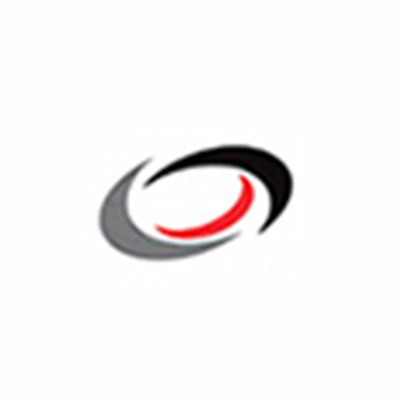 Does your company rely on regular, internal communication that needs to occur immediately and reach a large group of people? Paging systems can be ideal for conveying those messages without the reliance on constant in-office phone calls.
Does your company rely on regular, internal communication that needs to occur immediately and reach a large group of people? Paging systems can be ideal for conveying those messages without the reliance on constant in-office phone calls.
With a paging system, you don’t have to worry about potential dead spots and service coverage areas used by mobile phones. The communication is instantaneous. Overhead paging is utilized in a variety of work settings from businesses with warehouses on the premise, to large areas or businesses with mail rooms, or more commonly, in medical offices and hospitals.
Via paging, employees can be directed to other locations throughout the office, you can communicate to workers in hard-to-reach areas, or broadcast emergency notifications to all employees and visitors on site when necessary. A paging system offers a way to communicate more effectively in loud environments like busy work areas or industrial space. In most retail spaces, paging systems and intercoms are also used to play background music, broadcast scheduled announcements, or to reach mobile staff.
Using sound masking to lower noise levels in offices
Paging Systems can inevitably add more noise into a space, to mitigate this increased noise, a sound masking technology can be introduced. Sound masking allows for pages to be transmitted, but it also adds white noise to deaden the overall sound in a space.
“Sound masking is an enhanced paging system that adds variable background noise based on current sound levels to lower the overall volume of an area,” says Troy McIsaac, Sales Manager at Total Communications.
By expanding your paging system to include sound masking, you can reduce noise levels in the office. How it works is that the system can actively listen to the current noise level and pump varied white noise accordingly.
“It works really good — we actually have it in our offices here and installed it without telling our staff and we let it go for a week or two,” says McIsaac. He describes the sound as faint static-like white noise, but if one is not aware of it, you would barely know it’s there. “Most employees said they didn’t even hear it when we finally told them.”
Sound masking and paging systems are useful for offices where cubicles are commonplace and traffic in walkways are noisy. But in particular, health-care and banking industries benefit from sound masking as they are trading and dealing with confidential information daily. For example, in the instance of a doctor’s office, sound masking can prevent a patient in examination room A hearing what’s discussed in examination room B. For offices with open floor plans, sound masking can help employee productivity and workflow by minimizing audio distractions.
“If you picture a cubicle and there are five or maybe even 10 people around you, and they’re all making noise, you can’t concentrate on what you’re doing, your call or your task at hand,” says McIsaac.
Requirements for paging systems and added security
Most paging systems and sound masking features can be integrated into business phone systems. You will require appropriate speakers, typically in-ceiling, where noise levels are at a minimum. Horns and amplifiers may be necessary though if you are in a loud environment or need to broadcast across large areas.
Another benefit to paging systems is that it can lend a layer of increased security to your business. You can use a paging system to screen visitors and traffic in and out of your organization. This minimizes the risk of an unknown person on the premises. And in case of an emergency, a paging system can be an effective way to alert customers and employees with instructions on how to respond.
When your direct communication is an integral part of day-to-day business, a workplace paging system is a very valuable asset.


